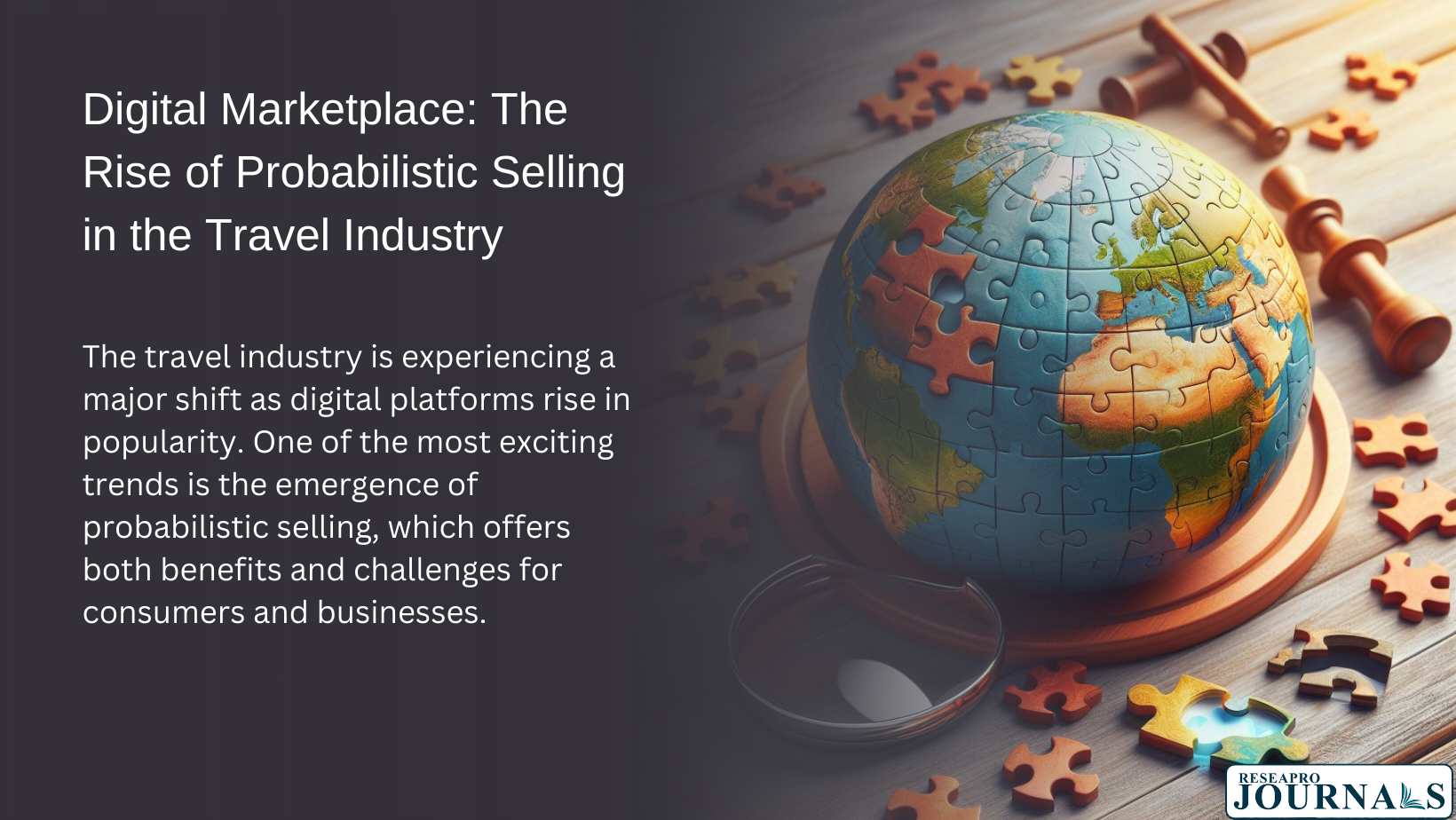The travel industry is experiencing a major shift as digital platforms rise in popularity. One of the most exciting trends is the emergence of probabilistic selling, which offers both benefits and challenges for consumers and businesses.
What is probabilistic selling?
Probabilistic selling involves withholding certain product details until after purchase. For example, a travel platform might offer a discounted “mystery flight” where you know the departure city and date but not the destination.
What are the benefits of probabilistic selling?
- Lower prices:┬ĀProbabilistic selling can allow platforms to offer lower prices by managing inventory more efficiently.
- Increased excitement:┬ĀThe element of surprise can add excitement and anticipation to the travel experience.
- More personalized experiences:┬ĀPlatforms can use data to personalize probabilistic offers, creating unique experiences for each customer.
What are the challenges of probabilistic selling?
- Lack of transparency:┬ĀConsumers may feel uncomfortable not knowing all the details of their purchase.
- Potential for disappointment:┬ĀThe mystery element could lead to disappointment if consumers receive something they don’t like.
- Regulatory concerns:┬ĀThere are some concerns that probabilistic selling could be deceptive or misleading.
What does this mean for the future of the travel industry?
Probabilistic selling is likely to continue to grow in popularity in the travel industry. Platforms that can offer innovative and transparent probabilistic products will be able to attract new customers and boost their bottom line. However, it is important for platforms to address consumer concerns about transparency and fairness.




